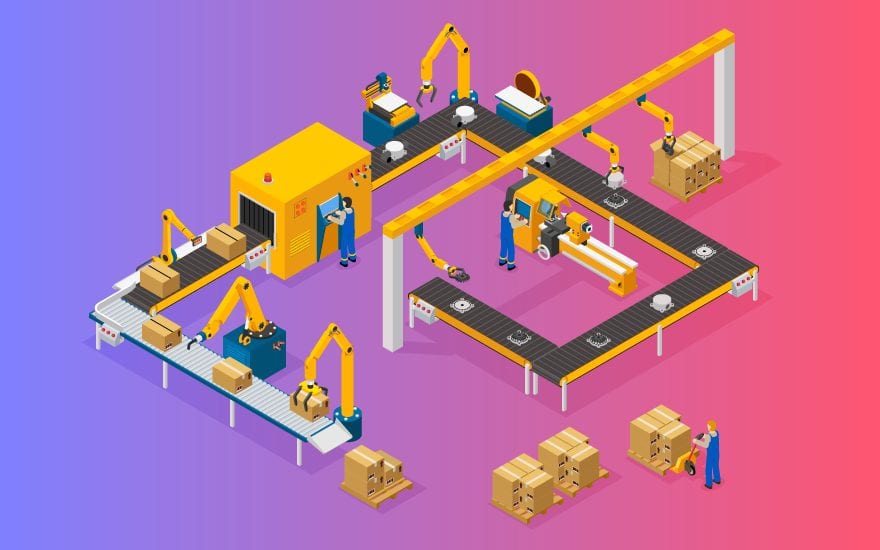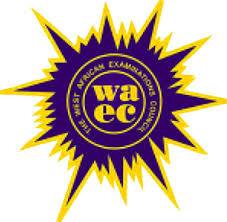Instrumentation and Control Engineering
Instrumentation and Control Engineers are specialised professionals who ensure the managing, measuring and maintaining of equipment, process systems… The post Instrumentation and Control Engineering appeared first on Leverage Edu.


Instrumentation and Control Engineers are specialised professionals who ensure the managing, measuring and maintaining of equipment, process systems and other machinery during the manufacturing process. They work in diverse areas ranging from nuclear power plants to the financial sector. You can expect to work in companies that design and manufacture equipment or organisations that use different kinds of machinery in their day-to-day operations like pharmaceutical firms, power generation industries etc. This article aims to summarise the salient features of the field of Instrumentation and Control Engineering covering the offered courses, syllabus and career prospects you can explore in this diverse domain.
What is Instrumentation and Control Engineering?
As a branch of electrical and electronic engineering, control engineering applies control theory to the design, monitoring, and management of a wide range of industrial processes to ensure maximum productivity and theoretically infinite repeatability while upholding industry health and safety standards.
Why is Instrumentation and Process Control Essential?
All industrial and manufacturing operations revolve around instrumentation and process control. Every process in a manufacturing plant needs to be closely watched and managed to go forward in a way that is both safe and optimal. Petrochemical plants, for instance, use temperature monitoring and control systems to keep temperatures from reaching dangerous levels and setting off an explosion. Without electric process heater control panels, there may be property damage and human casualties.
Industries that Need Instrumentation and Control Engineering
Industrial process instrumentation and process control gear are needed in almost every sector that focuses on repeatable production. Several industries are:
- Oil & Gas
- Petrochemical
- Wastewater Treatment
- Food &Beverage
- Manufacturing
Types of Instrumentation and Control Engineering Courses
As Instrumentation and Control Engineering is closely related to Electronics and Instrumentation Engineering, prospective students typically prefer to go for a postgraduate degree after completing their bachelor’s degree in the field of Engineering. However, with an increasing number of students choosing this specialization in their graduation, more and more universities are coming up with specialised bachelor’s degree courses in Instrumentation and Control Engineering. For a better and holistic understanding, take a look at the following two pointers that delineate specifically what both types of courses in this field entail.
Bachelor’s Degree Programs
Offered as a 3 to 4-year course in India as well as abroad, a bachelor’s program in Instrumentation and Control Engineering aims to provide students with a basic understanding of the field and then introduces students to advanced topics. Students have the option to diversify their course with optional modules related to Automation, Computer Science, Electronics, Design etc.
Master’s Degree Programs
A considerable number of students, whether experienced professionals or recent graduates, are preferring to specialise in Instrumentation and Control Engineering in order to widen their career prospects. A postgraduate degree will take you deeper into the field along with providing you with an opportunity to mould the course according to your inclinations. It uses tools like research projects, thesis, seminars, etc which will broaden your understanding of Instrumentation and Control Engineering.
Syllabus and Subjects in Instrumentation and Control Engineering
During the course, students are expected to get well-versed in the foundational subjects which form the basis of the curriculum of Instrumentation and Control engineering. Besides that, the offered optional modules and electives are utilised to get a cross-disciplinary understanding of a subject. Here is a list of key subjects that are offered as part of the bachelor’s degree and master’s degree courses in this field:
- Control Systems
- Probability and Stochastic Processes
- Robust and Adaptive Control
- Linear Dynamic Systems
- Intelligent Systems
- Embedded Systems
- Production Systems
- Optimisation in systems and control
- Signal Analysis and Processing
- Process Measurement and Control
- Manufacturing Systems and Automation
- Virtual Instrumentation
- Electromechanical Systems
- Industrial Engineering
- Engineering Entrepreneurship and Innovation
- Project Management
- Automation and Robotics
Also Read:
Universities Offering Programs in Instrumentation and Control Engineering
Many universities around the world offer courses related to Instrumentation and Control Engineering or its allied Engineering branches. An international degree from a reputed institution puts you in good standing for a career in this field. Further, the student can also gain quality experience in business-oriented cities that house these international universities. A few of the options that you must consider have been listed below.
| University | Program | Duration |
| University of Huddersfield, UK | MSc Engineering Control Systems and Instrumentation | 1 year full-time; 2-3 years part-time |
| Washington University in St Louis, USA | Master of Control Engineering | 1 year full-time; 2 years part-time |
| Coventry University, UK | MSc Control, Automation and Artificial Intelligence | 1-year full-time; 2 years part-time |
Career Prospects
Instrumentation and Control Engineering offers diverse avenues to explore. Often, jobs involve a heavy amount of designing and testing, analysis of data, ensuring compliance and working alongside specialised design and operations engineers. Individuals can also complement their degree by opting for courses like project management MBA, finance certifications, engineering management or a traditional MBA that helps in fast-tracking the route to executive roles. Here is a list of key career prospects you can discover in this branch of Engineering:
- Instrumentation Specialist
- Design Engineer
- Mechatronics Engineer
- Consultant
- Installation Engineer
- Site Engineer
Jobs and Salary
| Job Title | Average annual salary |
|---|---|
| Site Engineer | INR 6.6 LPA |
| Maintenance Engineer | INR 7 LPA |
| Process Engineer | INR 5.5 LPA |
| Instrumentation Engineer | INR 6 LPA |
Also Read: Trending Courses After Engineering That You Must Consider
Instrumentation and Control Engineering is a niche field of Engineering which is still unexplored. This field is steadily gaining recognition all over the globe, especially among Indian students venturing abroad to pursue Engineering programs. Needless to say, gaining admission into a global university for your chosen program in Instrumentation and Control Engineering can be a rigorous and complicated process. The AI tool at Leverage Edu can help you in shortlisting a perfect combination of course and university that fits your interests and can equip you with the right exposure into the field of Engineering.
The post Instrumentation and Control Engineering appeared first on Leverage Edu.






